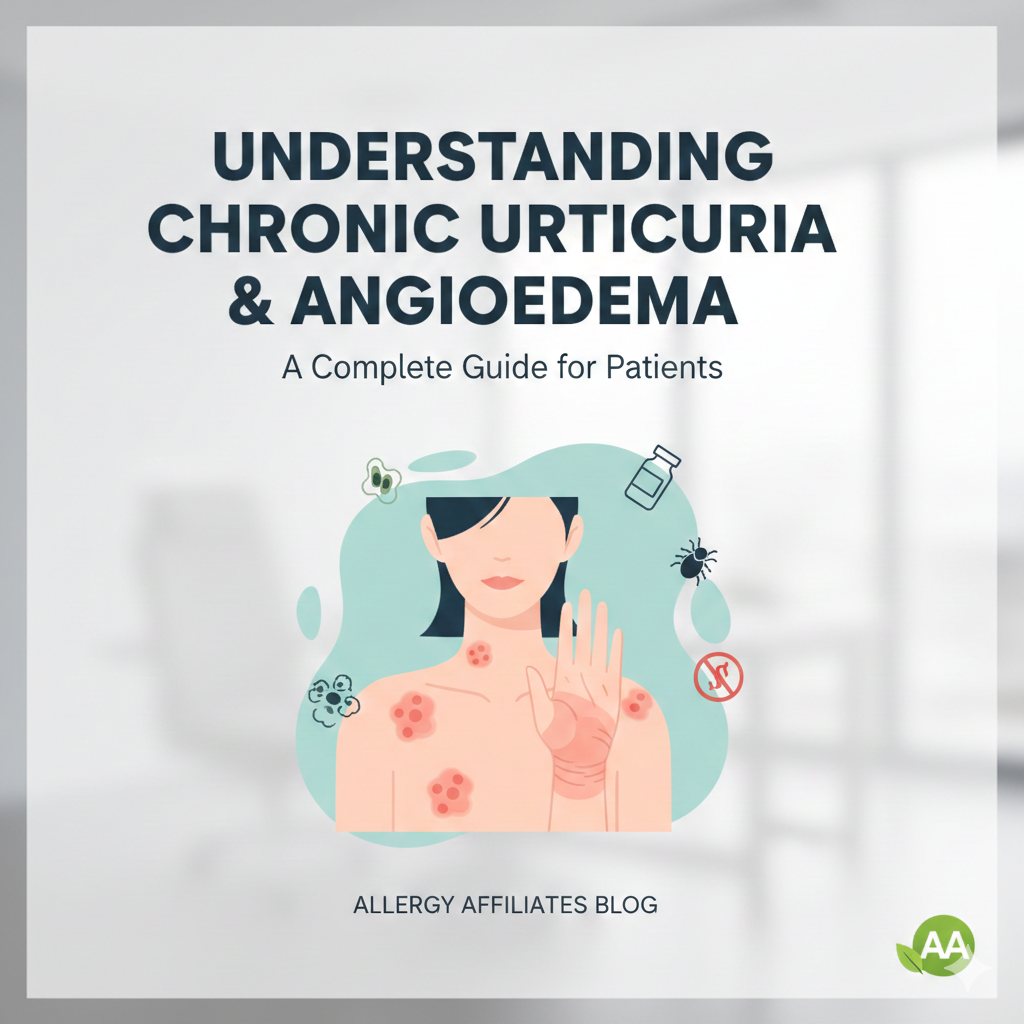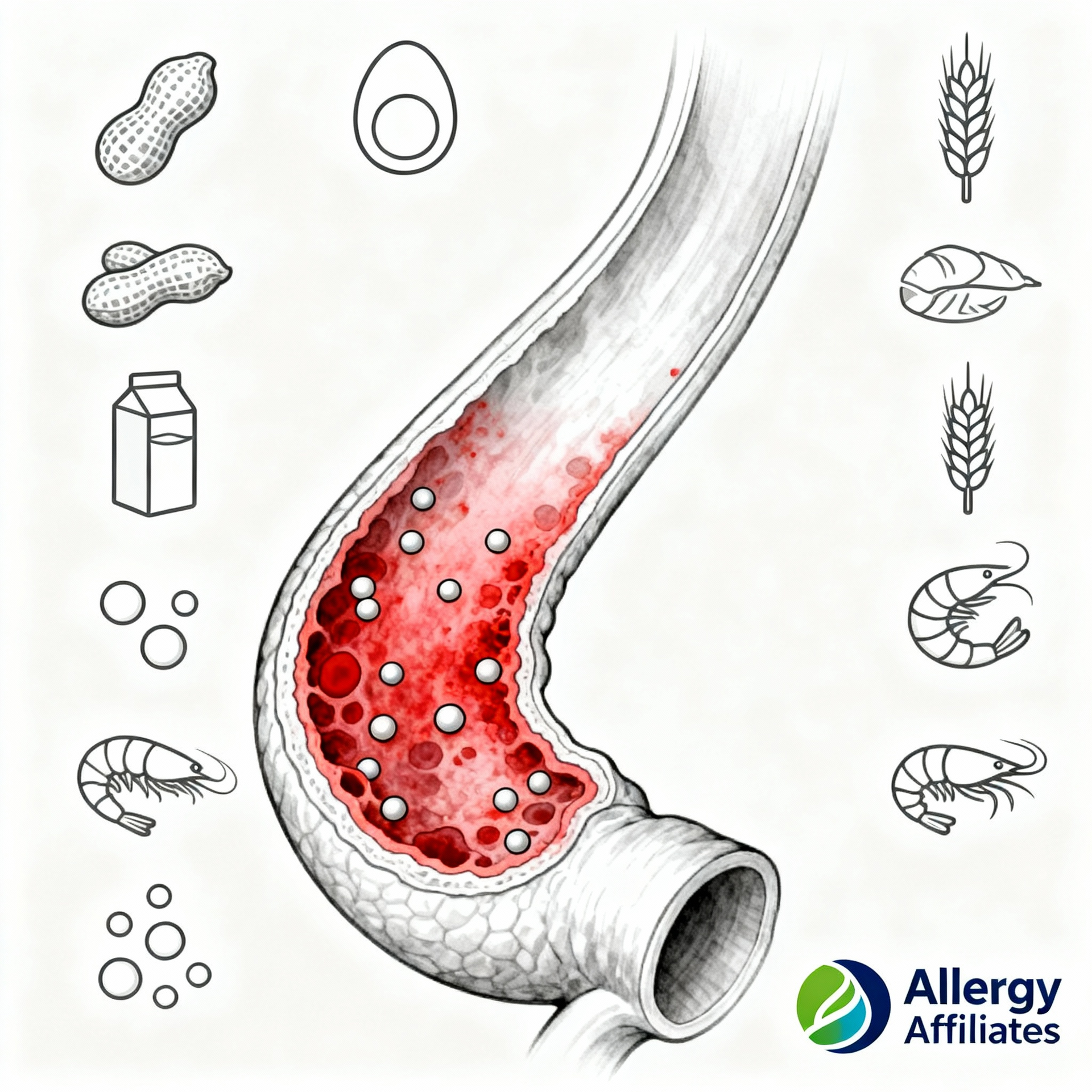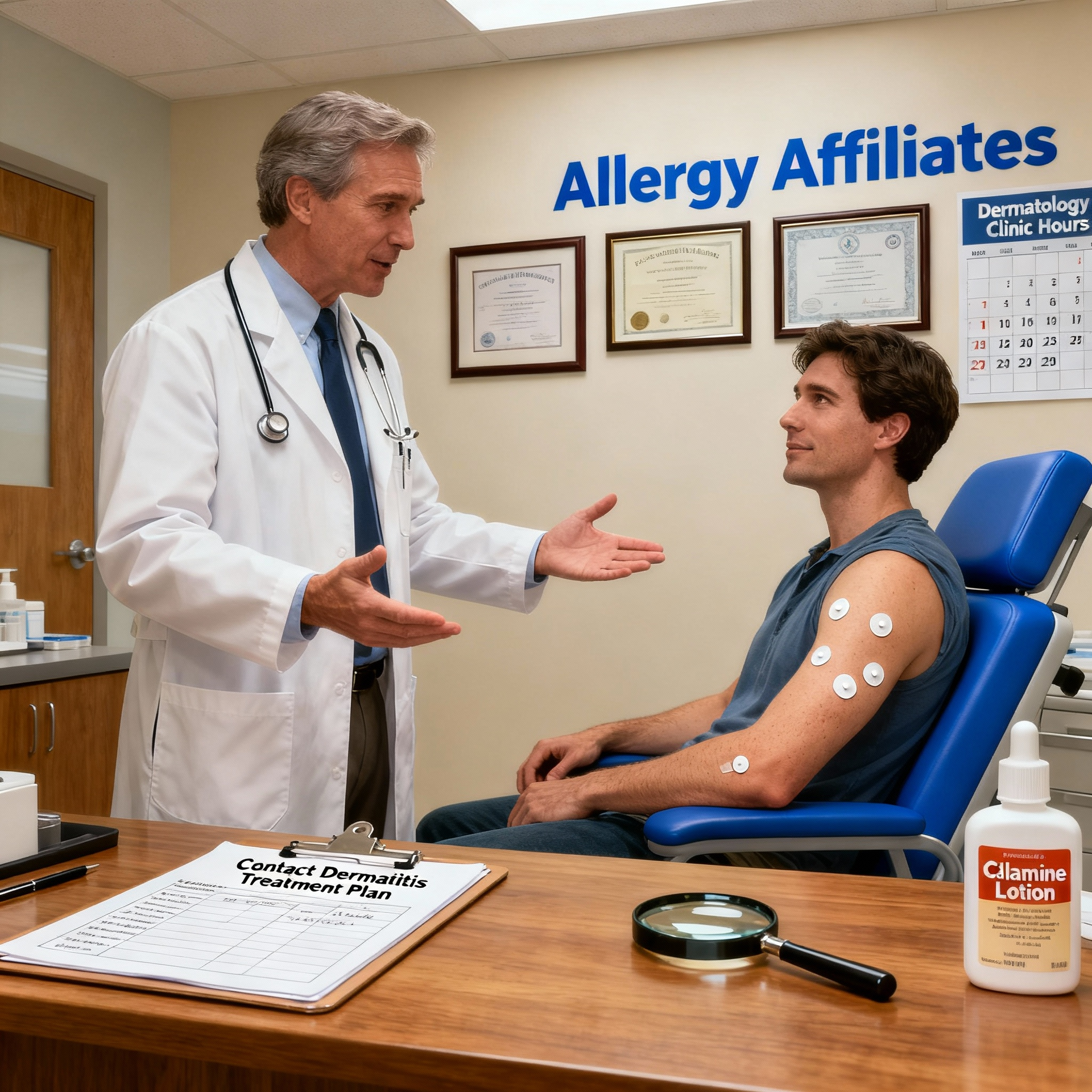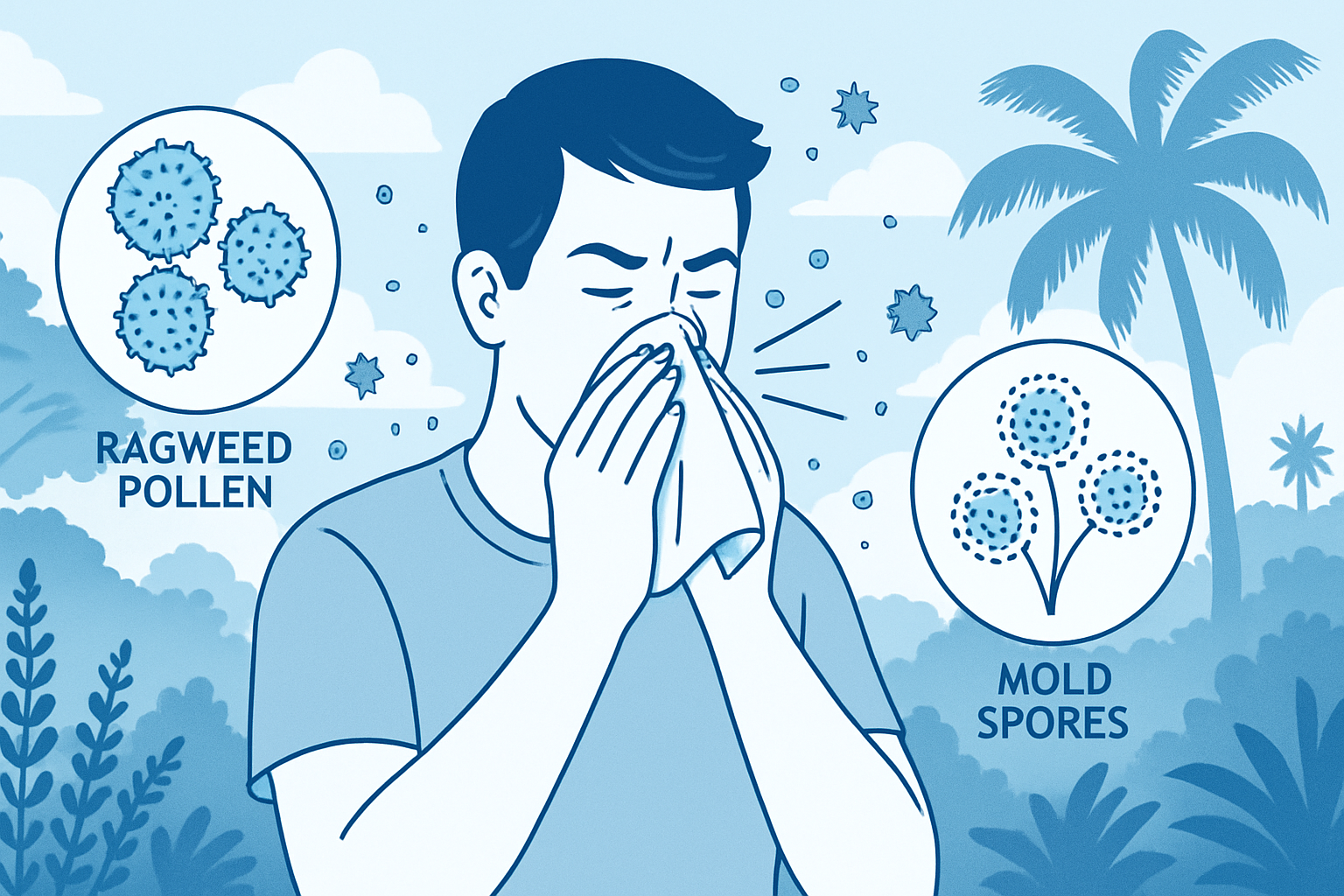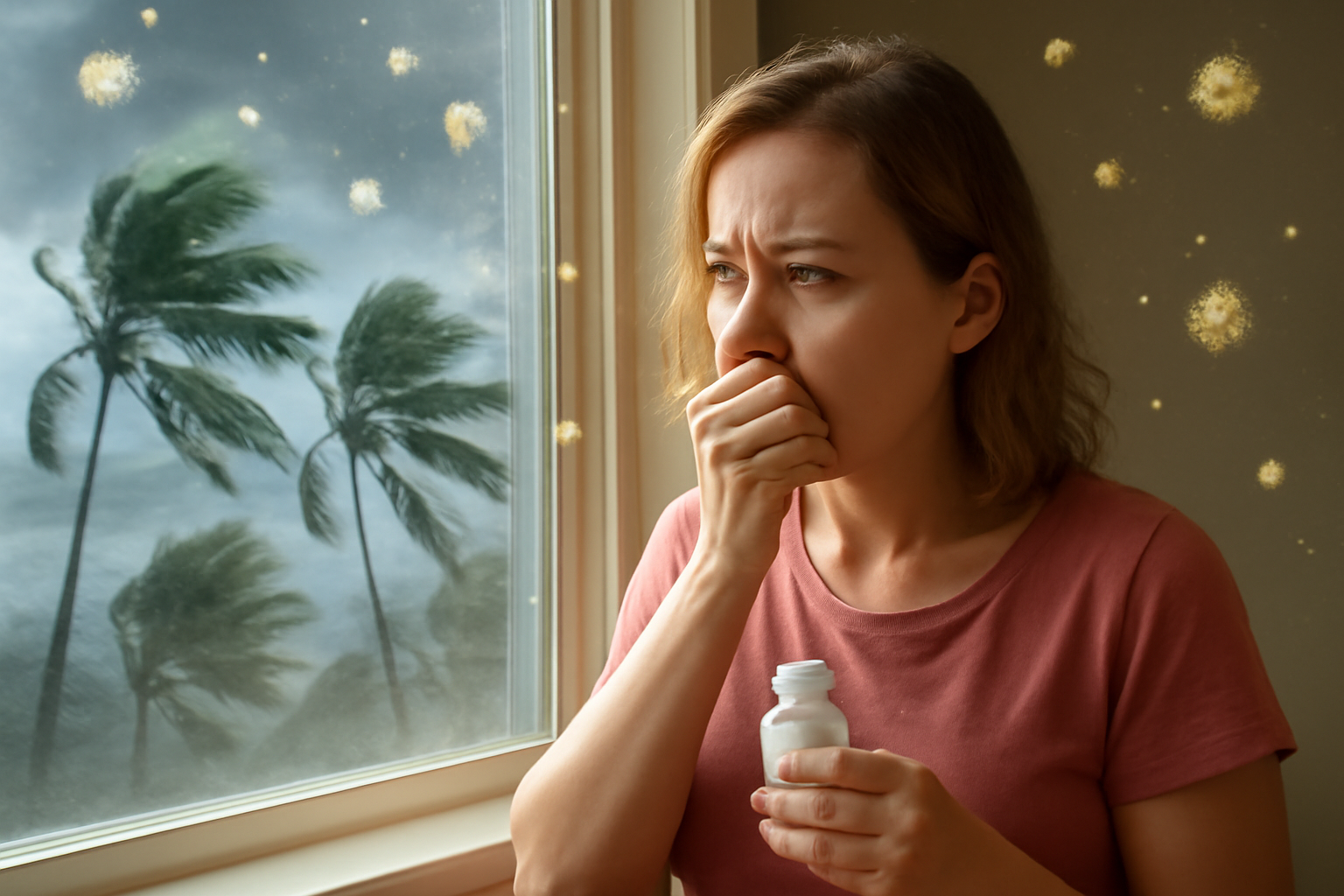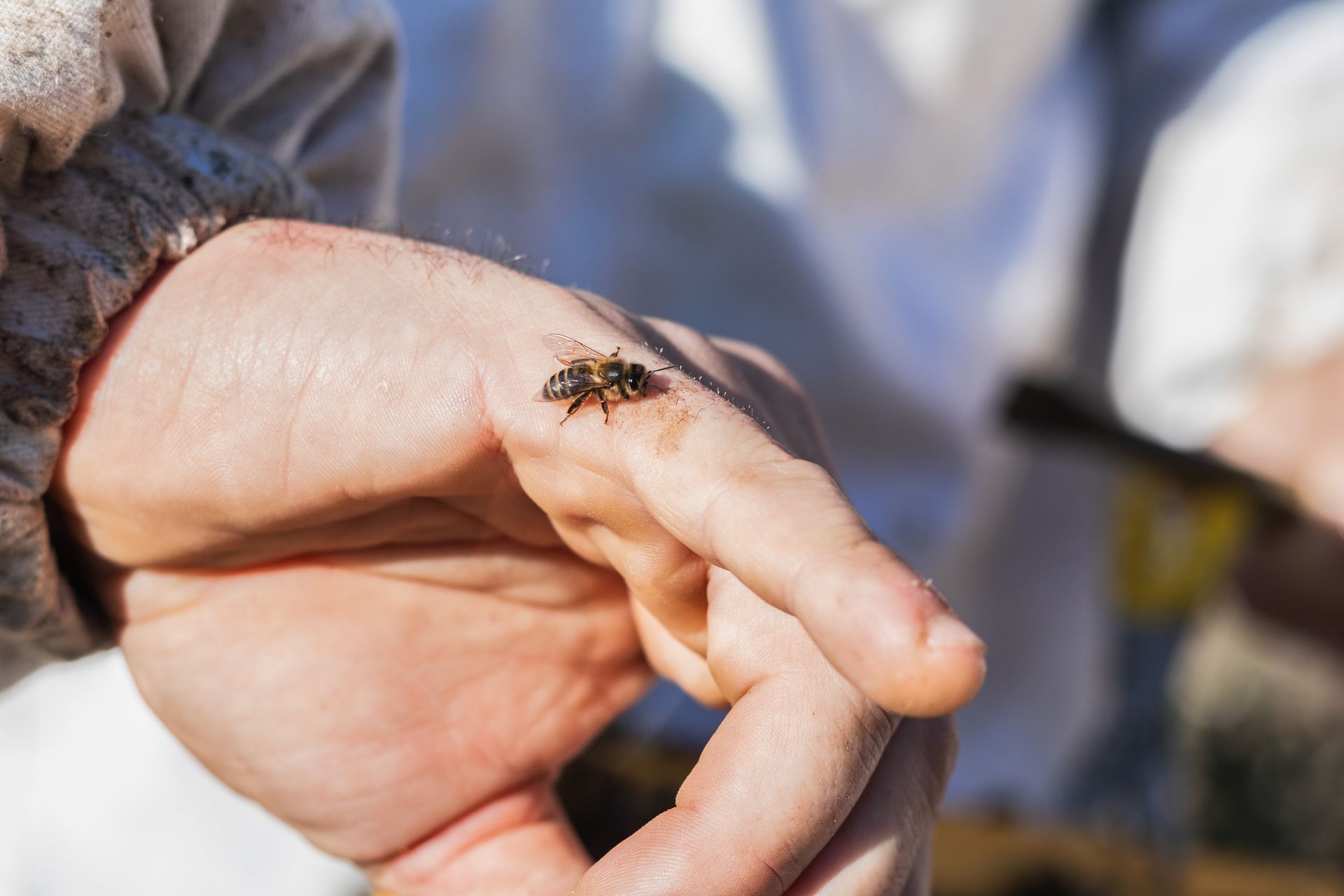
You’re at a family picnic in Florida, enjoying the sunny day when suddenly, your child screams in pain. A bee sting has triggered a severe allergic reaction, and you panic, unsure what to do next. Unfortunately, this scenario isn’t uncommon.
For those with insect allergies, a simple outdoor activity can quickly escalate into a life-threatening situation. During such instances, awareness and preparedness are critical. Explore this comprehensive guide to gain essential tips and knowledge for effectively managing insect allergies. With this information, you and your family can safely enjoy outdoor activities without worry.
Learn more about personalized allergy management strategies with our experts at Allergy Affiliates today and keep yourself and your family safe from the risks posed by stinging insect allergy.
Discover a Buzz-Free Summer!
Understanding Insect Allergies
Insect allergies stem from an exaggerated immune response to proteins found in insect venom or saliva. When a susceptible individual is stung by a bee or wasp, or bitten by mosquitoes or ants, these proteins trigger an immune reaction that can vary in severity.
For some, the reaction may be mild, resulting in localized swelling, redness, and discomfort. However, for certain people, particularly those with severe allergies, the response can rapidly escalate to anaphylaxis. This is a severe and potentially life-threatening condition marked by breathing problems, swelling of the throat, and a drop in blood pressure.
This heightened immune response occurs because the body perceives the insect venom or saliva as a threat, much like it would with a harmful virus or bacteria. As a result, it releases chemicals such as histamine to combat the perceived threat. While histamine is crucial for fighting infections, in the case of an allergic reaction, it leads to the symptoms commonly associated with insect sting allergies.
Understanding the nuances of insect allergy is essential for several reasons:
- First, it helps individuals identify early symptoms and take prompt actions to mitigate risks.
- Second, it empowers people to adopt preventive measures and lifestyle adjustments that reduce the likelihood of encountering insects that trigger allergies.
- Lastly, understanding insect sting allergies facilitates informed decisions about treatment options and emergency preparedness, including using epinephrine auto-injectors.
Identifying the Signs You’re Allergic to Bees
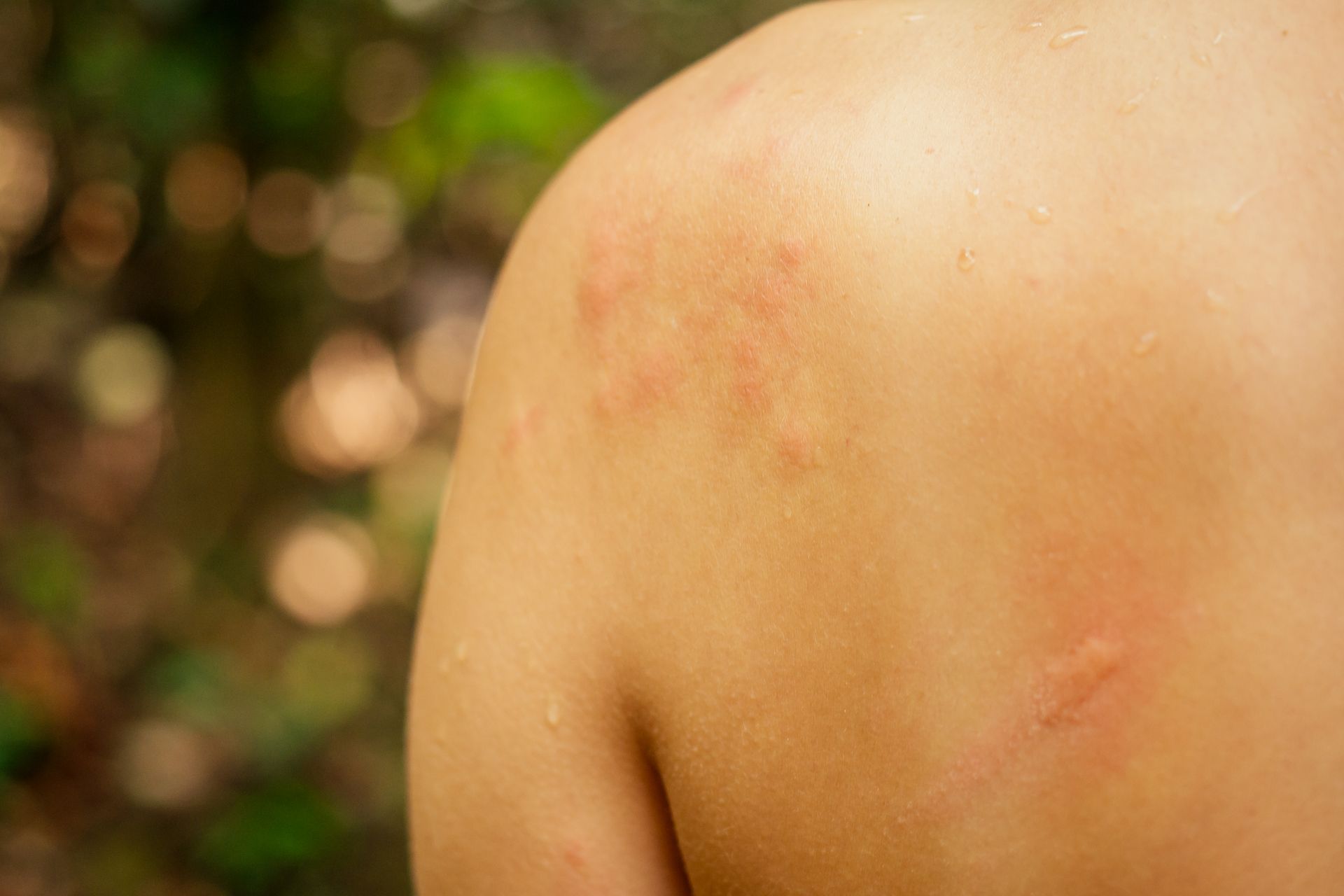
Identifying the symptoms of an allergic reaction to insect stings or bites is vital for quickly addressing the issue and avoiding further problems. Symptoms can vary from mild discomfort to severe and potentially life-threatening reactions:
- Localized Swelling, Redness, and Pain
When stung or bitten by an insect, the initial reaction often includes swelling, redness, and pain at the site. If left untreated, this localized reaction may spread beyond the initial area, affecting more extensive body parts.
2. Itching or Hives
Itchy, raised welts on the skin, known as hives, are common symptoms of an allergic reaction to insect venom or saliva. These can appear rapidly and spread across the body.
3. Difficulty Breathing
In severe instances, insect allergies may cause anaphylaxis, a severe allergic reaction that impacts breathing. Symptoms can involve wheezing, difficulty breathing, or a feeling of tightness in the throat caused by swelling. This requires immediate medical attention to prevent respiratory failure.
4. Swelling of the Throat or Tongue
Airway swelling, particularly in the throat or tongue, can rapidly escalate and obstruct breathing. This is a medical emergency and necessitates immediate intervention to maintain oxygen flow.
5. Dizziness or Fainting
A severe allergic reaction may cause dizziness or fainting due to decreased blood pressure. These symptoms indicate anaphylactic shock, a critical condition requiring urgent medical treatment, including the administration of epinephrine.
Preventive Measures for Managing Insect Allergies
Preventing insect allergies begins with understanding how to avoid encounters that could trigger a reaction. Here are practical and effective tips to minimize your risk:
- Avoiding Areas Where Insects Gather
Insects tend to congregate in certain areas, especially where there are flowers, garbage, or stagnant water. To reduce your exposure:
- Stay Clear of High Activity Zones: Avoid flower beds, garbage bins, and areas with standing water, as these places attract insects like bees, wasps, and mosquitoes.
- Wearing Protective Clothing
Protective clothing is a physical barrier between you and potential insect stings or bites. Consider these clothing choices:
- Long Sleeves and Pants: Covering your arms and legs reduces exposed skin, lowering the chances of being stung or bitten.
- Closed-Toe Shoes: Enclosed footwear provides protection, especially when walking in grassy or wooded areas where insects hide.
- Using Insect Repellents
Applying insect repellents is an effective way to deter insects from landing on your skin or clothing. Here’s how to use them safely and effectively:
- Choose Effective Repellents: Look for products containing DEET, picaridin, or oil of lemon eucalyptus, as they are known to repel insects effectively.
- Apply to Exposed Skin and Clothing: Cover all exposed skin and clothing to protect yourself from insects.
- Keeping Food and Drinks Covered During Outdoor Activities
Insects are drawn to food and sweet beverages, making outdoor events prone to bites or stings. Follow these safety measures:
- Cover Food and Beverages: Use lids, nets, or food tents to protect food and drinks from insects.
- Dispose of Trash Properly: Keep trash bins covered and away from areas where people congregate to minimize attraction for insects.
Adhering to these preventive steps can significantly lower your chances of experiencing insect stings or bites, mainly if you are allergic. Incorporate these practices into your outdoor routines to enjoy activities without the fear of triggering an allergic reaction. For personalized management and treatment plans, consult our allergists at our Florida allergy center.
Managing Insect Allergies in Different Settings

Different settings present unique challenges for those with insect allergies. Here’s how to stay safe:
- Outdoor Events
Inform event organizers about your allergy. Carry an epinephrine auto-injector at all times, and avoid sugary foods and drinks that attract insects.
- Camping Trips
Select camping sites away from stagnant water and flowering plants, which attract insects. Use insect-proof tents and keep a stocked first aid kit with your epinephrine auto-injector within easy reach.
- Gardening
Wear long-sleeved shirts, pants, gloves, and closed-toe shoes while gardening. Avoid working during dawn and dusk, peak times for insect activity.
Your Path to Safe Outdoor Adventures
Navigating insect allergies effectively requires a proactive approach. By deepening your understanding of allergy triggers and symptoms, implementing preventive strategies, and having a clear emergency plan, you can enjoy outdoor activities without worry. Whether picnicking in the park or gardening in your backyard, thorough preparation ensures you can confidently embrace every moment, knowing you're ready for any situation.
Don’t let insect allergies prevent you from enjoying outdoor activities. Contact the
best allergy doctors near you today to create a personalized allergy management plan that fits your lifestyle.
Explore the Outdoors Fearlessly!



